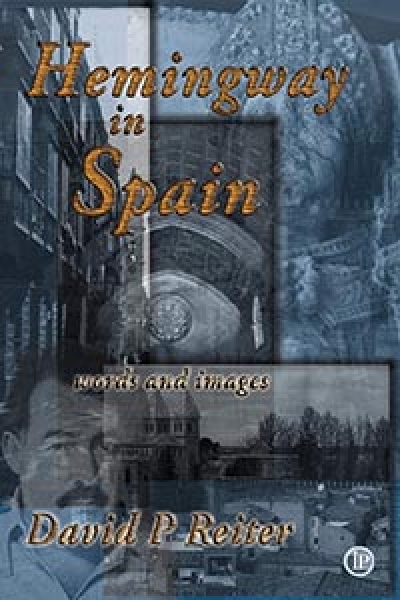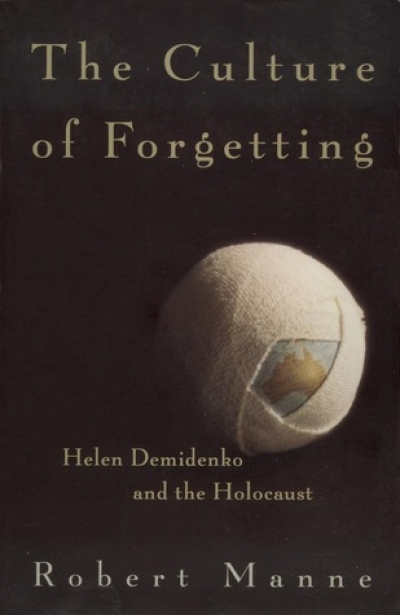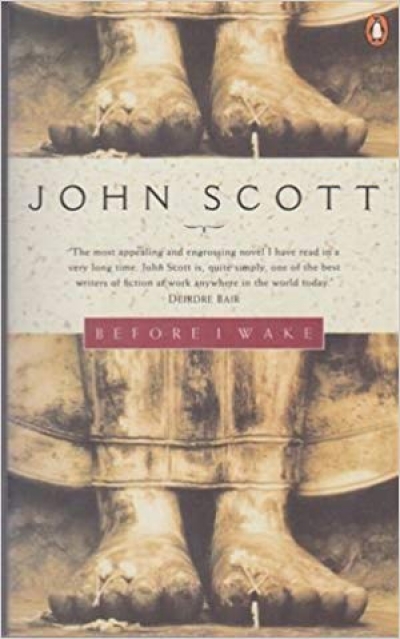Archive
Hemingway in Spain and Selected Poems by David P. Reiter
Ramona Koval asked Robert Manne what his version of the strange story of Helen Demidenko might be.
Robert Manne: Well there was once, I think, a very strange young Australian woman of English parents, who, for reasons that we don’t understand decided to identify with Ukrainian war criminals. She decided that the Jews had got control of the history of the Holocaust and that a terrible story of what happened to Ukrainians at the hands of Jews had not been told. So she decided to take the name Demidenko because she read in a book that Demidenko was a Ukrainian who had been at Babi Yar where thirty-three thousand Jews were killed. She identified so strongly that she took the name Demidenko and wrote a high school essay in which she imagined what it would be like to be Ivan the Terrible, probably the most monstrous figure that emerges from the killings at Treblinka or at any other extermination camp. She decided to write a novel in which she would adopt the identity, imagining herself to be this daughter of a Ukrainian war criminal, with an uncle who served at Treblinka. And so she wrote a novel. Amazingly enough, not only was her novel published but it won a major award. It so convinced the literary community of its authenticity that it was regarded in 1995 as the best literary work published in the country.
... (read more)Donald Horne: critics and negotiators
The general idea of ‘public intellectual life’ is more useful than the particular idea of’ the public intellectual’. ‘Public intellectual life’ is a public manifestation of what I called in The Public Culture ‘the critics’ culture’ of a liberal-democratic state. (It is made possible by the belief in a questioning approach to existence as a central force in society.) However only parts of this critical activity emerge into the public culture; it is these parts that might be thought of as its ‘public intellectual life’. They provide a kind of public acclimatisation society for new ideas. All kinds of people may play a part in working up these ideas down there in the subterranean passages of the critics’ culture and others may take over the business of negotiating them into the public sphere. Many of these ‘negotiators’ are paid public performers in the news and entertainment industries. However some of the ‘critics’ also have a capacity to barge in directly – but only if they have a desire to appeal to people’s imaginations, and the talent to do so. These are the ‘public intellectuals’. Some of them may be one-offs. Some become regulars. They become influential if they articulate ideas that are already in the minds of some of ‘the public’ anyway, if in a more diffuse state. They get nowhere if they don’t. Two of my books, The Lucky Country and Death of the Lucky Country, were prime examples of appealing to interests of which readers were already becoming aware.
... (read more)Victorian Icon: The Royal Exhibition Building by David Dunstan et al.
The Culture of Forgetting: Helen Demidenko and the Holocaust by Robert Manne
My Boyfriend’s Father by Ben Winch & The Man Who Painted Women by John Newton
Adam Shoemaker reviews 'In the Age of Mabo: History, Aborigines and Australia' edited by Bain Attwood
Some of Australia’s most cogent historical analyses grow out of particular social moments: the close of World War II, the accession (and dismissal) of the Whitlam government, the bicentennial celebrations and protests of 1988. The High Court’s Mabo decision of June 1992 is just such a moment and it is no surprise to find another book which focuses on the aftermath of that landmark decision. Interestingly, In the Age of Mabo is also just as strongly the product of a certain time and political space: the 1991–96 prime ministership of Paul Keating. It is this framework which gives this varied collection of essays its sense of historical occasion; it is also this political underpinning which renders at least one of the contributions nearly obsolete.
... (read more)







